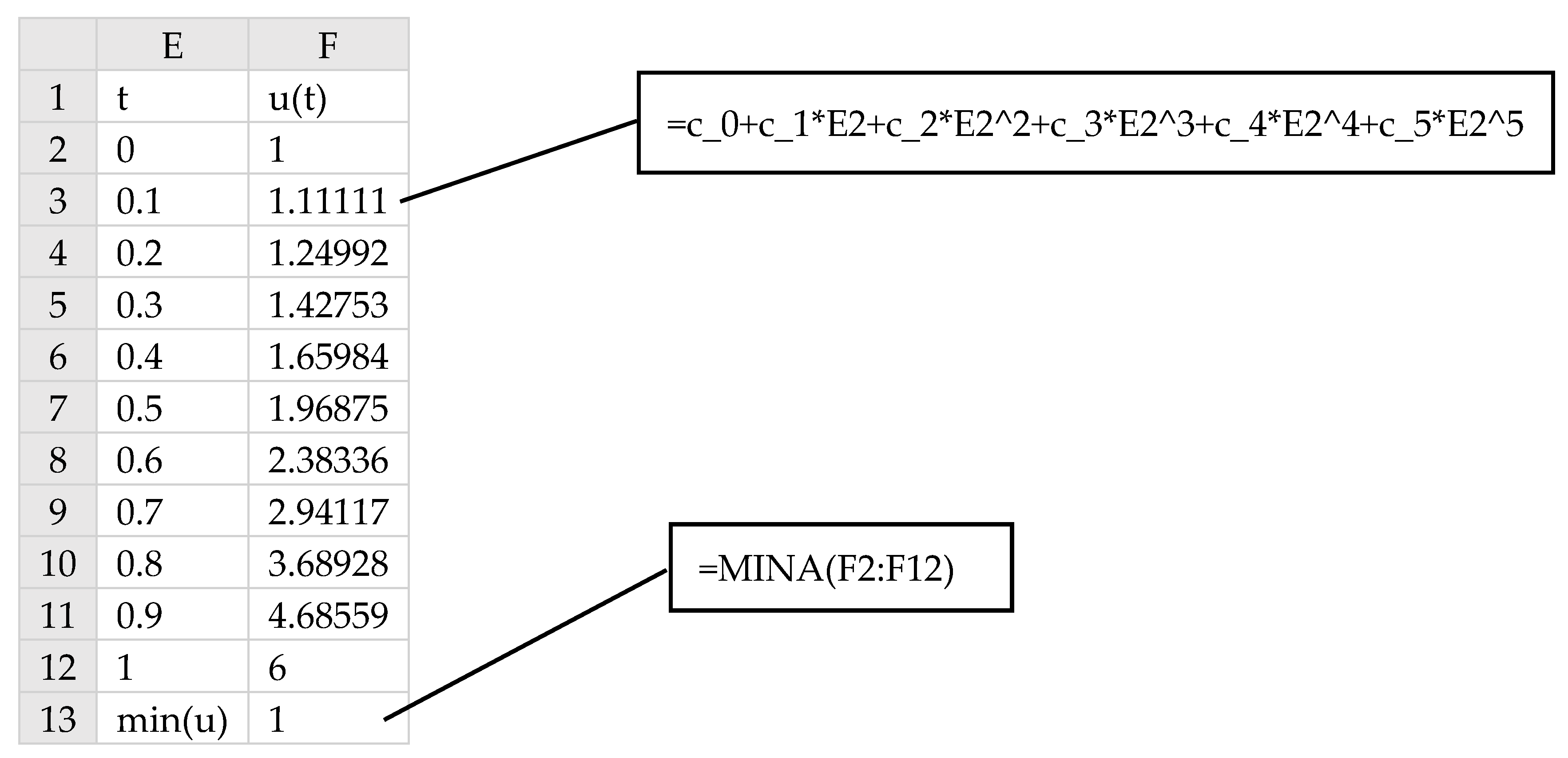
Which particular type of evaluation from the above two ( a or b), should I applyOver the past few months, I received several inquiries on how and where Filipino Migrant Engineers need to start their application process to go back to their Profession. By Course B: Document by document. In this catagory there are two types of evaluations: A: Course. I think WES-BASIC is for the immigration program. The WES is offering two types of evaluation: 1: WES-ICAP.
How about Create any Express Entry Profile for Canada How can apply WES for Canada step after step Get overthrow of your passes, Syria, and you gift even redirect to debate after submission. Note: We will not accept the WES Basic or any other credential evaluation to fulfill.can choose a WES basic package or WES ICAP, job purposes, certificate verification and attestation for Canada and US immigration. The online portal really helps because it lets the Alberta Filipino Journal reach Filipinos who are not only already here in Canada as immigrants but those who are also planning to migrate.To electronically submit your WES ICAP to the University of Oregon.
Applicants who do not meet academic requirements could be refused, prescribed examinations to make up for perceived deficiencies or asked to write confirmatory examinations to confirm the quality, depth and breadth of their education.Basic guidelines were published in the APEGA website to wit the courses taken in the Philippines will be compared to the acceptable course equivalent and syllabi. They are not similar.In this month’s issue, I will be summarizing the two most important things that they (Applicant) need to accomplish.The APEGA outlined a process on how to submit your academic documentation requirements to the World Education Services (WES).All applicants will be evaluated against the APEGA syllabus in engineering and geoscience. WES is an evaluation body. ICAS is an educational institute.
Wes Icap Vs Basic Full Review Of
APEGA’s Board of Examiners must also conduct a full review of your academic credentials. WES is the only academic-assessment agency recognized by APEGA, and only International Credential Advantage Package (ICAP) reports are accepted.A WES assessment that states you have a “4-year undergraduate degree” is only the first step in the academic assessment process. Engineering applicants must complete the requirements listed under Preliminary and Basic Studies and Complementary Studies, as well as the requirements specified for their specific discipline.The final review of academic documents is done by APEGA’s Board of Examiners (BOE), and it is the BOE that ultimately determines their depth, breadth, and acceptability.World Education Services (WES) is an academic-assessment agency designated by Immigration, Refugees and Citizenship Canada to provide educational credential assessments for degrees earned outside of Canada. The syllabi and exams explain what the course and technical exams will cover.
Ensures that your degree meets the legal requirements for licensure.How to Obtain a World Education Services ICAP Report Confirms the acceptability of the course content and performance of your degree. Reviews your degree to ensure it is a degree in engineering or geoscience. Establishes the equivalent level of your academic credentials compared with the Canadian university system.
If you already have an evaluation report from WES, you may need to upgrade that report to an International Credential Advantage Package (ICAP). Follow the instructions provided by WES. Follow the instructions to continue to the WES website for the next step of the application process. This ID number will be required to order your WES Report.
This will give the evaluator a clearer picture of the topics and subjects you took from Philippines’ Tertiary Institution and compare those to Canadian Matrix of courses. Course-by course description of the subjects you took from your First Year College until your Graduation in your Engineering Degree. Select WES ICAP Course-by-Course as the evaluation type (required by APEGA).If you already have a WES application, it must be upgraded to a WES ICAP Course-by-Course evaluation.Follow the country-specific document requirements and arrange for your documents to be delivered to WES.It is important to submit all your academic documents to WES which include but not limited to the following: Add Association of Professional Engineers and Geoscientists of Alberta (APEGA) as a recipient. Physical copies will not be accepted.You must have an APEGA ID number before you begin a WES application.Follow the steps below to complete your WES application:

several actions you took within the situation that support your competency at least one situation in which you proved competency Each competency must also be validated by a professional member or senior practitioner who took technical responsibility for your work and witnessed you perform the specified indicators.When completing your CBAT – each page of the form, you will provide: You can provide multiple indicators to support each competency. This reference does not need to have in-depth technical knowledge of the work that you performed.The CBAT is used to confirm that you have achieved proficiency in the 22 competencies and indicators required for registration as a Professional Engineer. The WRVL measures the duration of an applicant’s experience, while the CBAT captures the content.The WRVL is used to confirm that you have obtained at least 48 months of professional-level engineering experience and the WRVL may be referenced by a manager, Human Resources staff, or other person who can confirm your work chronology.
So please keep a copy of Alberta Filipino Journal and I will give a step by step approach in writing your work experience record. In writing your CBAT, you should write it in first person (“I” not “We”) to show that you really take the ownership of your statements in the CBAT.A detailed example of writing your experience record will be my topic in next month’s issue. This should include a basic summary of the solution, product, process, or other outcome of the situation and your actionsAPEGA’s Board of Examiners will assess your competence on the information you and your validators provide—and nothing else.


 0 kommentar(er)
0 kommentar(er)
